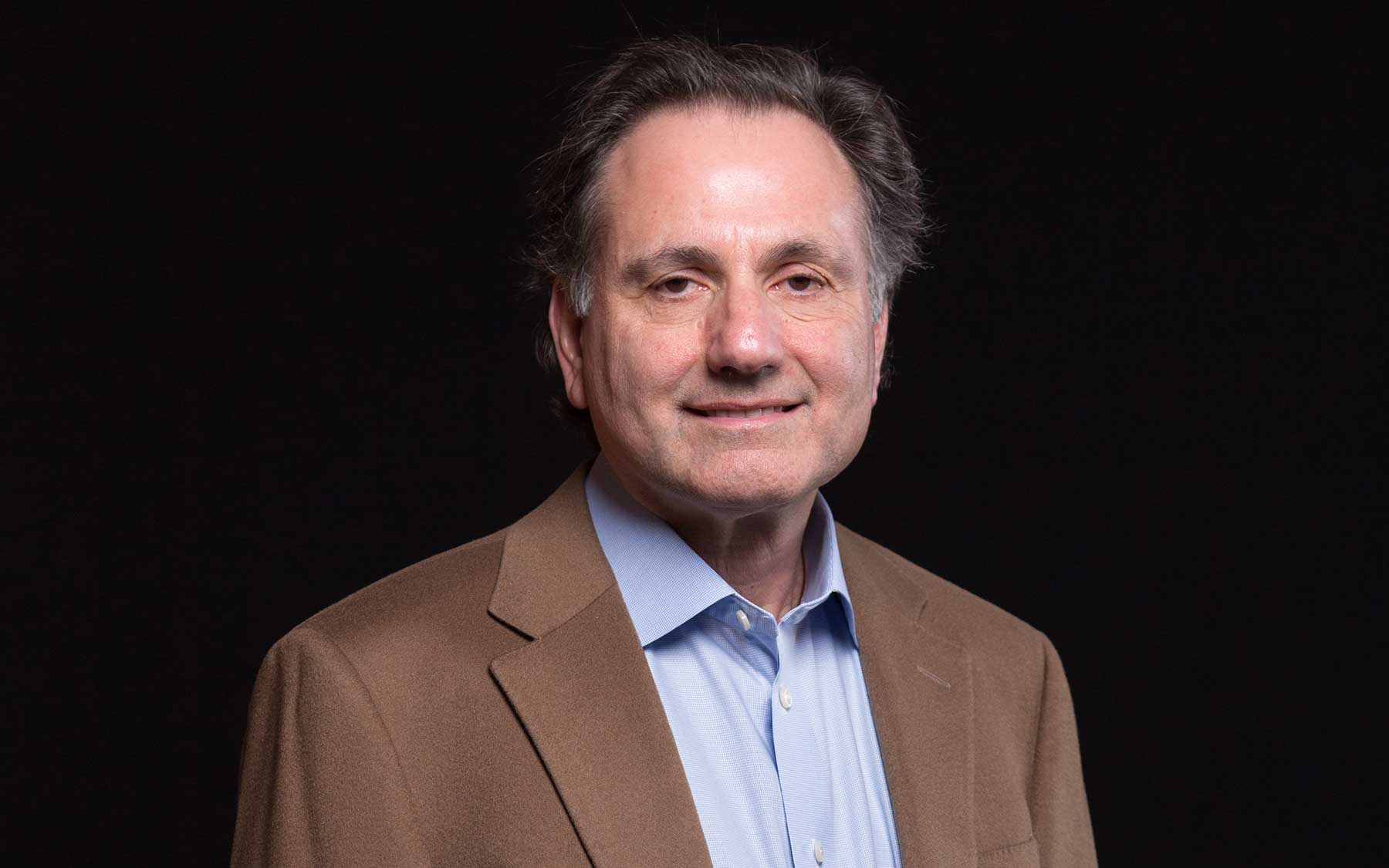David L. Spector, Ph.D., a professor at Cold Spring Harbor Laboratory (CSHL) and the Laboratory’s Director of Research, has been elected to the American Academy of Arts and Sciences.
Cambridge, MA and Cold Spring Harbor, NY — David L. Spector, Ph.D., a professor at Cold Spring Harbor Laboratory (CSHL) and the Laboratory’s Director of Research, has been elected to the American Academy of Arts and Sciences. The announcement was made this morning by the Academy, from its headquarters in Cambridge.
Some of the world’s most accomplished leaders from academia, business, public affairs, the humanities and the arts have been elected members of the Academy. In addition to Dr. Spector, the “Class of 2014” includes, among others, Dan Shechtman, winner of the 2011 Nobel Prize in Chemistry; Michael Greenstone, former Chief Economist for President Obama’s Council of Economic Advisers; Pulitzer Prize winners Jules Feiffer and Annie Proulx; former Secretary of Labor Robert Reich; and Christopher L. Eisgruber, President of Princeton University.
“On behalf of the faculty and employees of Cold Spring Harbor Laboratory, I want to congratulate David Spector,” said Dr. Bruce Stillman, CSHL President and CEO. “The American Academy of Arts and Sciences is one of the nation’s most prestigious honorary societies, and David’s election to it is richly deserved. We wish him continued success, both in his own research and in his leadership role at the Laboratory.”
A member of the CSHL faculty since 1985, Dr. Spector is a pioneer in advancing our understanding of the inner workings of the cell nucleus. His research centers on elucidating the organization and regulation of gene expression in living cells. His laboratory’s work is focused on implementing innovative approaches to reveal the spatial and temporal aspects of gene expression and in identifying and characterizing the function of nuclear retained long non-coding RNAs in development and cancer.
In addition to his laboratory research, Dr. Spector serves as CSHL’s Director of Research, and is head of the Gene Regulation and Cell Proliferation Program of the CSHL Cancer Center. He has edited numerous microscopy techniques manuals and a treatise on The Nucleus that are used in laboratories throughout the world. He is a member of the editorial boards of Journal of Cell Science, Epigenetics & Chromatin, Current Opinion in Cell Biology, and Nucleus.
Dr. Spector, who, with other newly elected members of the Academy will be inducted at a ceremony on October 11, 2014 at the Academy’s headquarters, is the fourth member of the CSHL faculty to receive the honor. The others are President Stillman, Chancellor Emeritus James D. Watson and Professor Michael Wigler.
Written by: Peter Tarr, Senior Science Writer | publicaffairs@cshl.edu | 516-367-8455
About the American Academy of Arts and Sciences
Since its founding in 1780, the Academy has elected leading “thinkers and doers” from each generation, including George Washington and Benjamin Franklin in the eighteenth century, Daniel Webster and Ralph Waldo Emerson in the nineteenth, and Margaret Meade and Martin Luther King, Jr. in the twentieth. The current membership includes more than 250 Nobel laureates and more than 60 Pulitzer Prize winners. See https://www.amacad.org/
